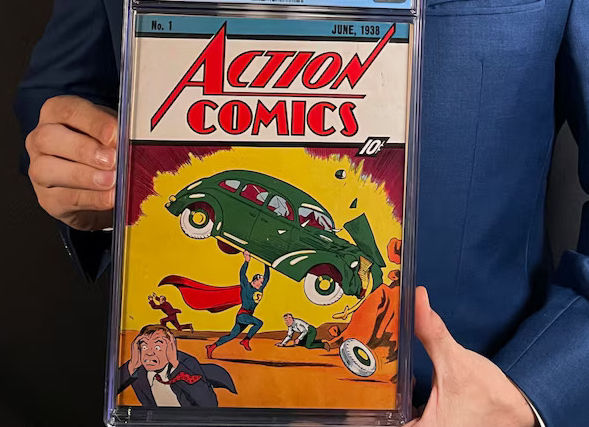English Town Where Founding Father Thomas Paine Lived
- Editor OGN Daily
- Nov 24, 2024
- 2 min read
Updated: Nov 27, 2024
The quaint English town where one of America's Founding Fathers, and the world's first international revolutionaries, sparked a spirit of rebellion that still continues today.

Lewes, with its charming cottages and bustling high street full of antiquarian bookshops and artisanal bakeries, looks like the epitome of traditional English respectability. It was even named the "prettiest place in the UK" by The Telegraph newspaper (a trusted arbiter of British middle-class tastes), thanks to its sedate tea shops and art galleries that line the medieval alleyways, and its picturesque Norman castle that commenced construction shortly after the Battle of Hastings in 1066.
Yet beneath this veneer of conservative conformity lies a history of radicalism that runs to the core of this pretty Sussex town.
Each year on 5 November, Lewes turns into a blazing frenzy of raucous anti-establishmentarianism. Its tasteful coffee shops and organic grocery stores lie abandoned as grotesque effigies (or "tableaux") of public figures - ranging from British prime ministers and business leaders to the Pope and, more recently, Joe Biden and Donald Trump - are set on fire and paraded through the streets.
Lewes Bonfire Night Celebrations, the biggest and oldest in Britain (dating to 1795), exemplify the spirit of rebellion in this town where Thomas Paine, the English-born American Founding Father, political philosopher and one of the world's first international revolutionaries, lived 250 years ago
Paine, whose writings influenced both the American and French Revolutions and helped inspire the US Declaration of Independence, lived in Bull House on Lewes' High Street from 1768 to 1774. While working there as an excise officer, collecting taxes on behalf of King George III, Paine was a frequent speaker at a political debating society, The White Hart Evening Club. Its meetings were held at 16th-Century inn The White Hart, also on Lewes High Street, which recently reopened after a major refurbishment as a luxury hotel complete with restaurant and bars, yet retains many of the original features from Paine's time, including his initials carved into one of the fireplaces.
The debating society later changed its name to the Headstrong Club but, now under new management, The White Hart has once again become a centre of life in Lewes. It's also a place of pilgrimage for Americans fascinated to see where many of the ideas that would eventually lead to the birth of their nation were first formulated; as well as for the politely radical citizens of Lewes who celebrate Paine's memory and the enlightenment principles he espoused.









